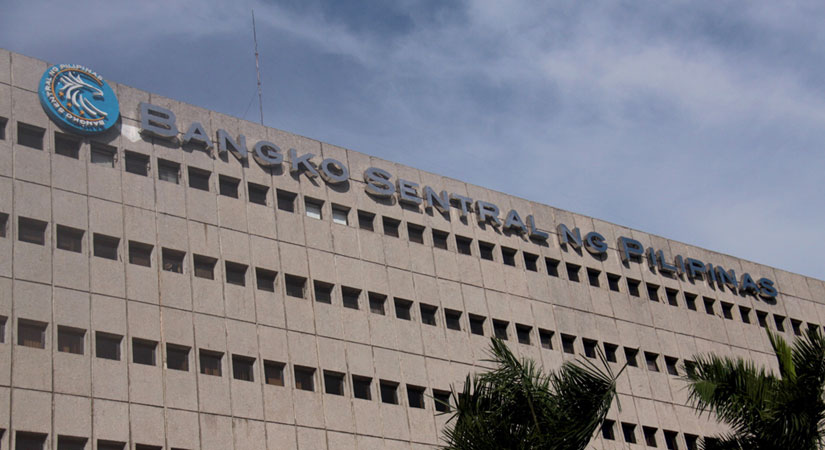
THE central bank is likely to continue with its pause in easing rates until at least the end of 2020, with headline inflation not expected to dip below the benchmark interest rate of 2.25%, according to a Bank of the Philippine Islands (BPI) economist.
“Looking ahead, it is very likely that inflation will stay within the 2-4% target of the BSP (Bangko Sentral ng Pilipinas) until the end of the year, but the low base from last year may prevent inflation from staying below the policy rate in the coming months,” Bank of the Philippine Islands Lead Economist Emilio S. Neri, Jr. said in a note Wednesday, adding that further easing would only widen the negative spread between inflation and benchmark rates.
The Monetary Board has two more policy meetings left this year, set for Nov. 19 and Dec. 17.
After 175 basis points worth of rate cuts this year, the BSP opted to pause at its August and October policy reviews. The overnight reverse repurchase, lending, and deposit rates are at record lows of 2.25%, 2.75%, and 1.75%, respectively.
Meanwhile, headline inflation in September was 2.3%, easing from the 2.4% in August but still higher than the key policy rate of 2.25%. The BSP expects inflation to average 2.3% this year.
Mr. Neri said recent data including bank lending indicate that an aggressive response from the monetary side may not be enough to support the economic reopening over the near term.
Outstanding loans issued by major banks grew 4.7% in August, easing further from the 6.7% rate in July and marking the weakest expansion in nearly 14 years or since November 2006, when the increase was 4.4%.
“Although liquidity is substantial, the lack of expansion activities from the private sector and risk aversion on the part of the banks have suppressed lending activity,” Mr. Neri said.
“Low interest rates and money expansion can only do so much in terms of supporting the economy. It may in fact have side effects as property prices continue to make homes less affordable to the ordinary consumer,” he added.
Mr. Neri said the government should step up efforts to encourage business and consumer confidence.
“We reiterate the need for more aggressive government spending, especially in intensified testing and tracing, solutions that will boost public confidence on the use of mass transport, as well as those that will reduce the obstacles to technology and e-commerce,” he said.
Second-quarter gross domestic product (GDP) contracted by a record 16.5% due to the impact of the lockdown. The government expects GDP growth of between minus 4.5% and 6.6% this year. — Luz Wendy T. Noble
